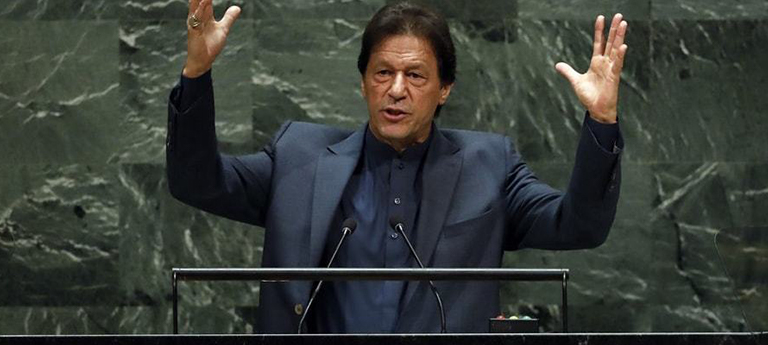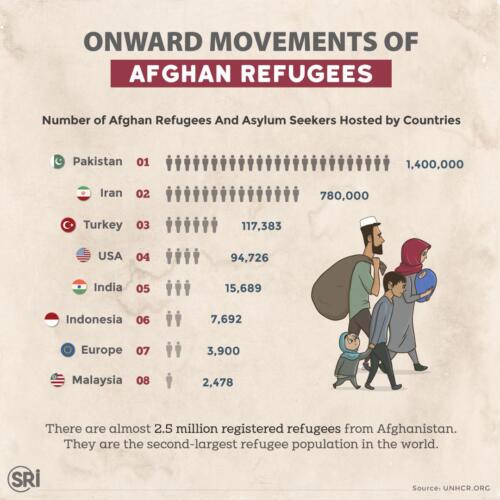UNITED NATIONS: Foreign Minister Shah Mahmood Qureshi arrives in New York on Monday (today) for the 76 sessions of the UN General Assembly during which Pakistan will join the United Nations in urging the world to prevent an economic collapse in Afghanistan.
“The situation in Afghanistan is unpredictable,” said UN Secretary General António Guterres in an interview to UN News.
“Because of all the different measures and sanctions that exist, there is a risk of completely strangling the economy,” he warned.
“We have to stabilise Afghanistan,” said Pakistan’s UN envoy Munir Akram while talking to a source. Pakistan would avail this opportunity to call for “preventing an economic collapse” in Afghanistan, he said.
“Those who want to play politics, can play politics. But everyone knows the consequences of an economic collapse.”
The collapse could cause “a humanitarian crisis, an influx of refugees, revive conflicts and drug trafficking and enhance terrorism,” he said. “All those things must be avoided.”

The UN chief too highlighted the consequences of mishandling the Afghan issue at this moment. “What happened in Afghanistan might embolden terrorist groups or other rebel movements to become more aggressive,” he said.
Mr Guterres further elaborated the subject, highlighting the points he thinks must be addressed to stabilize Afghanistan.
“We all want Afghanistan to have an inclusive government… respect human rights especially of women and girls (and) never again be a center for terrorists,” he said. “We all want Afghanistan to fight drug trafficking.”
The United Nations, he said, had a responsibility to engage Afghanistan, “based on what we can deliver, and what we can deliver is essential humanitarian aid”.
The United Nations, however, should also “engage in order to explain to the Taliban how important it is for them to have an inclusive government of all the different ethnicities, and, of course, with women,” he said.
Ambassador Akram said, in these challenging times, Pakistan’s priorities in the 76th UNGA would be to promote its own economic and social development.
Pakistan, he said, would highlight its concerns about the Indian occupied Jammu and Kashmir and the major human rights violations India was committing there.
“We want the world to realize the threat to peace and security arising from this situation,” he said.

Prime Minister Imran Khan will address the UNGA from Islamabad on Sept 24. The foreign minister will organize a meeting of the OIC contact group on Jammu and Kashmir to discuss the contemporary situation there. He will also participate in the meeting on the UN Security Council reforms and in other meetings on climate change and energy issues.
The prime minister will participate, virtually, in a conference of 30 world leaders as well. The UN chief has called the meeting to discuss the climate conference in Glasgow later this year.
The foreign minister will also approach the UNGA president, the secretary general and EU and other world leaders.
But Ambassador Akram acknowledged that Afghanistan would be the important issue before this UNGA. “Our strategy is to see how to stabilise Afghanistan, restore peace, promote reconciliation, bring humanitarian help and revive the Afghan economy,” he said.
“We will also address the issue of terrorism, particularly TTP’s activities.”
The 76th UNGA, he said, would not focus on whether to recognize the Taliban government in Kabul. “That issue may come up later as they have not yet formed a permanent government,” he said. “They are not seeking representation yet.
They may do so after a permanent government is formed.”
Asked if the international community was willing to help Afghanistan, Ambassador Akram underlined that at a UN conference last week, the secretary general asked for $600 million but $1.2 billion were pledged. “That shows the level of interest.”
To avoid a human crisis, he said, Pakistan was also asking for unfreezing of Afghanistan’s reserves as “without cash the economy will collapse”








